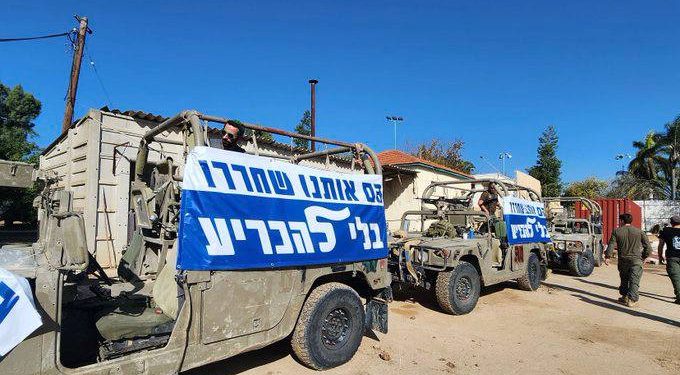In a recent turn of events, Israeli soldiers have expressed concerns over the Israeli government’s decision to pull troops from Gaza amidst ongoing conflict. This decision comes as the war, sparked by a deadly attack by Hamas on southern Israel on October 7, enters a new phase, with Israel vowing to dismantle Hamas, which has ruled Gaza for 16 years.
The Israeli Defense Forces (IDF) stated that five brigades, or several thousand troops, would be withdrawn from Gaza in the coming weeks for training and rest. Rear Admiral Daniel Hagari explained the need for the IDF to prepare for prolonged fighting and additional tasks throughout the year.
However, this decision has been met with protests from within the military ranks. Soldiers have voiced concerns that the early withdrawal may undermine the effectiveness of their mission and jeopardize the security objectives of the war. The sentiment among these soldiers reflects a growing unease about the handling of the conflict, which has seen significant casualties and a humanitarian crisis in Gaza.
The conflict has resulted in over 21,800 deaths in Gaza, with two-thirds being women and children, according to Gaza’s Health Ministry. The heavy toll of civilian casualties and the destruction in Gaza have raised international concerns and calls for a ceasefire.
Meanwhile, protests in Tel Aviv, consisting of Israeli Jews of various ages, have demanded a cease-fire and an end to Israel’s occupation of Palestinian territories. These protests, though rare, highlight a divide in Israeli society about the ongoing military operations in Gaza.
Israeli Finance Minister Bezalel Smotrich’s controversial comments about encouraging Palestinian emigration from Gaza have further fueled tensions. His remarks stand in contrast to the official government position, which does not seek to displace the population in Gaza.
As the situation evolves, the Israeli government faces both internal and external pressure to reassess its strategy in Gaza. The complexity of the conflict and the humanitarian issues it raises continue to challenge peace efforts in the region.



























